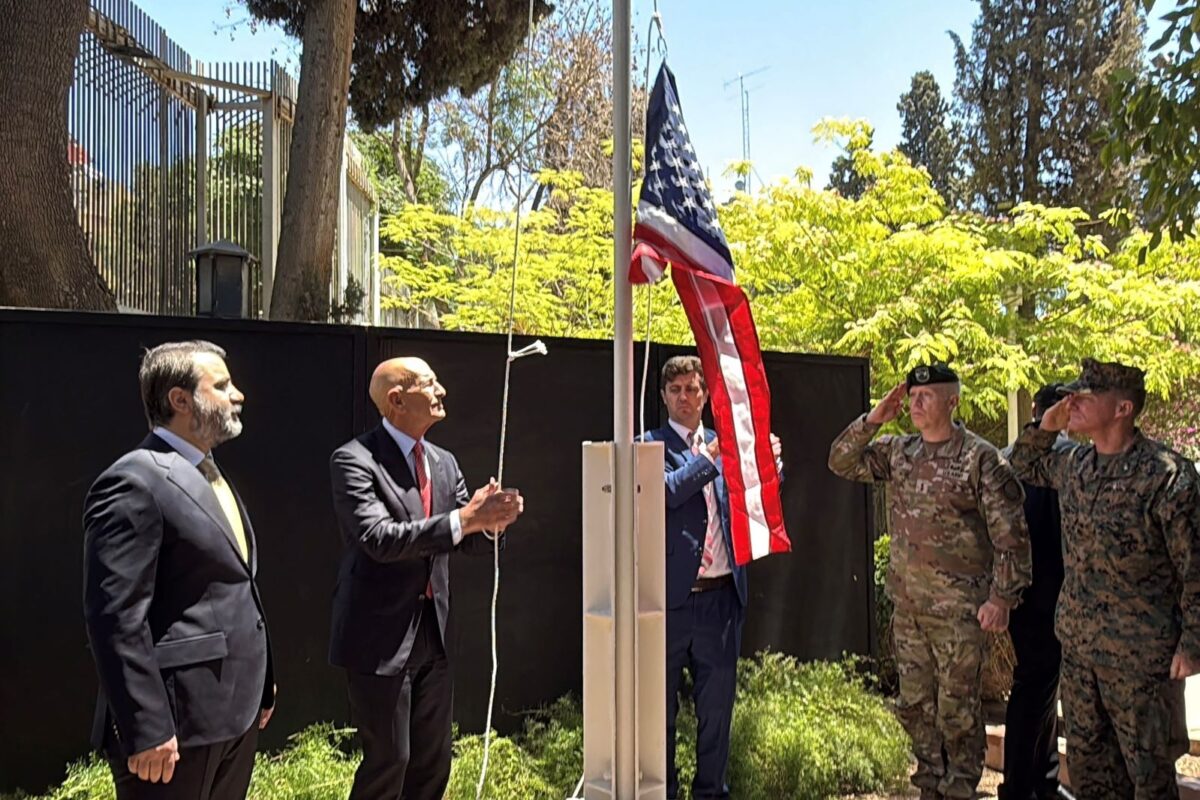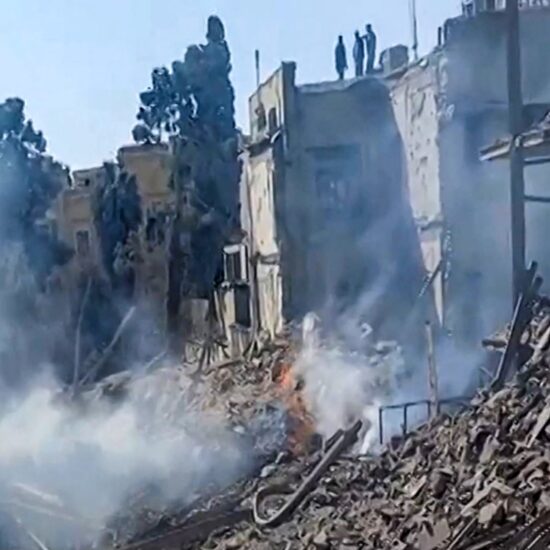
What the U.S. Isn’t Saying and Why Lebanon Should Be Worried
Few days ago, the U.S. Ambassador to Syria, Tom Barrack, made a statement that quickly made waves across policy circles and social media alike. “A century ago, the West imposed maps, mandates, penciled borders, and foreign rule”, he said. “Sykes-Picot divided Syria and the broader region for imperial gain not peace. That mistake cost generations. We will not make it again”.
To many ears, this might sound like progress. Finally, a Western power acknowledging the catastrophic legacy of colonial map-making in the Middle East. But to those of us living within the fragile margins of the post-Sykes-Picot order, this statement is as unsettling as it is bold.
Because if the West will no longer draw the map, who will?
A Reckoning Without a Plan
At face value, Ambassador Barrack’s statement signals a shift in U.S. foreign policy: from external engineering to regional ownership. But like many well-meaning declarations, it risks creating a vacuum that will be filled not by justice, but by power. And in the Middle East, power is rarely distributed fairly.
When global powers exit the room, they don’t take danger with them. They leave behind structural fragility, contested identities, and the very fault lines that once justified their presence. And while we should all welcome the end of foreign-imposed solutions, we must be very clear: self-determination without safeguards can easily become majoritarian dominance, or worse, sectarian supremacy.
This is especially dangerous for minorities across the region, and for fragile pluralistic states like Lebanon. For us, the phrase “no new Sykes-Picot” isn’t just a policy signal. It’s a warning.
Lebanon: Present at the Funeral, Absent from the Future
Lebanon today is not part of any emerging regional conversation. It has failed to join the wave of détente reshaping Arab relations, missed opportunities to redefine its economic or diplomatic role, and remains paralyzed by internal divisions rooted in unresolved trauma and sectarian mistrust.
As new regional architectures begin to take shape, ones grounded in bilateral deals, Gulf-centered initiatives, and post-conflict reconstructions; and Lebanon is watching from the sidelines. But it shouldn’t be.
Despite its dysfunction, Lebanon holds something rare in the region: a lived experience of pluralism, however flawed. It has built-in tools, including social, cultural, and intellectual for navigating the very tensions other states are only beginning to confront. If properly reformed and reimagined, Lebanon could serve as a crucial partner in conflict mediation, diversity governance, and future regional stability.
But this requires bold thinking and a new sense of purpose. Lebanon must rediscover itself, not as a broken state lamenting lost golden years, but as a small nation with a big role to play in shaping a more inclusive regional future.
When the Maps Fade, the Fault Lines Return
The ambassador’s statement also triggered online calls to revisit old territorial ideas. Some suggest Lebanon should return to “Greater Syria” or be reintegrated into a unified Levant. What may seem like fringe discourse is, in fact, a symptom of real fear and identity anxiety. It reveals that many no longer see the Lebanese model—rooted in diversity and consensus—as viable. And worse, some see more sectarianly homogenous regimes as better guarantors of their place in the region.
This is why leadership, both global and local, must be careful when invoking historical ruptures without proposing institutional alternatives. Dismantling Sykes-Picot in rhetoric is one thing. Ensuring that what follows doesn’t trample the vulnerable is another.
A Call to Step In, Not Step Back
What we need is not a nostalgic return to old empires, nor an artificial maintenance of imperial borders. What we need is to lead in creating a new regional framework that respects identity, protects difference, and enables local voices to co-author their political futures.
Lebanon must be part of that process, not as an object of sympathy, but as an active contributor.
That means initiating a serious national dialogue to resolve our internal contradictions.
It means investing in a new narrative that presents Lebanon not as a failed state, but as a laboratory of coexistence. And it means advocating regionally for models that prize diversity, not erase it. If we fail to do this, someone else will redraw the region, and this time, no one may bother to include us.
Ramzi Abou Ismail is a Political Psychologist and Senior Research Fellow at the Institute for Social Justice and Conflict Resolution at the Lebanese American University.
The views in this story reflect those of the author alone and do not necessarily reflect the beliefs of NOW








